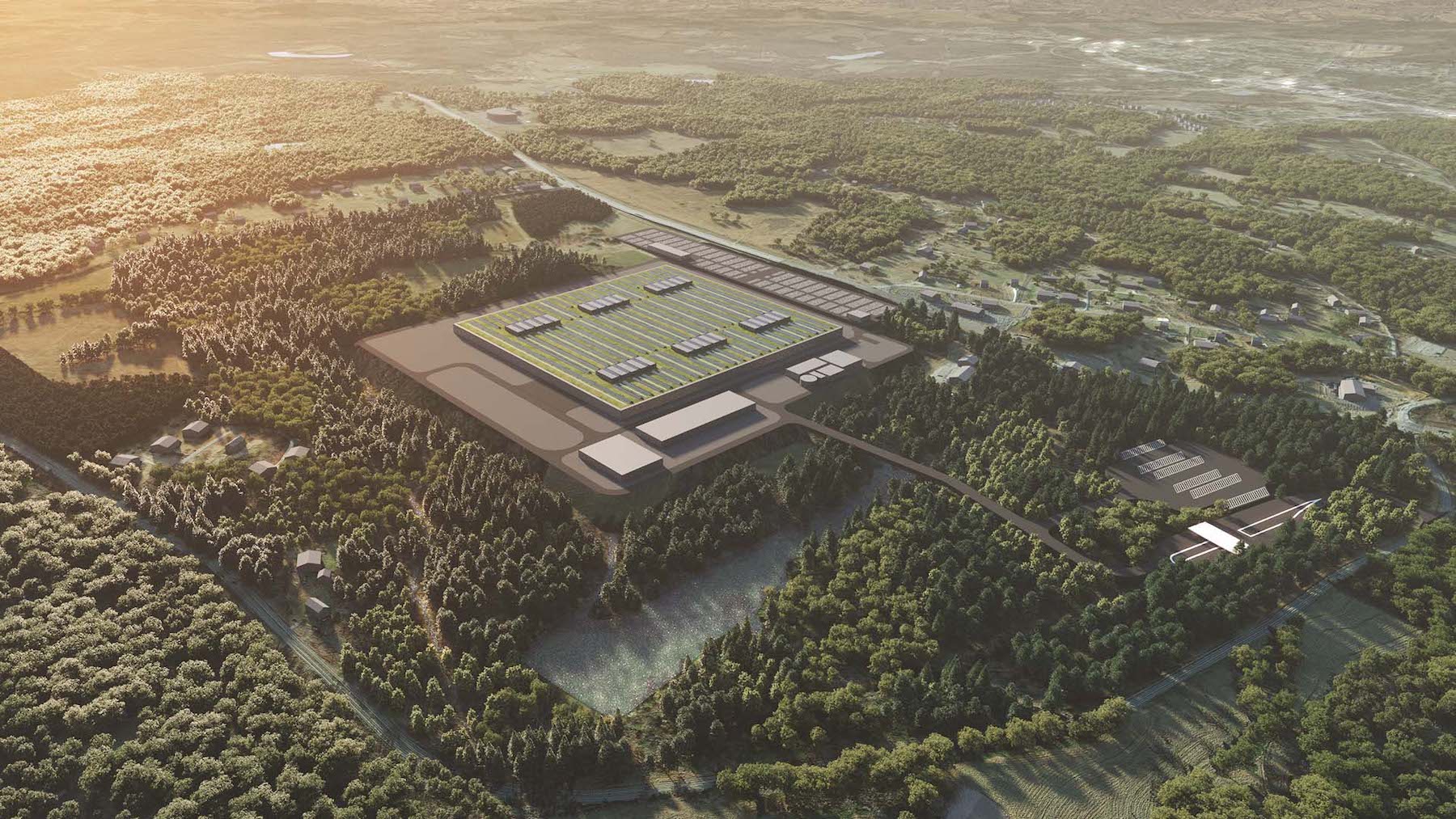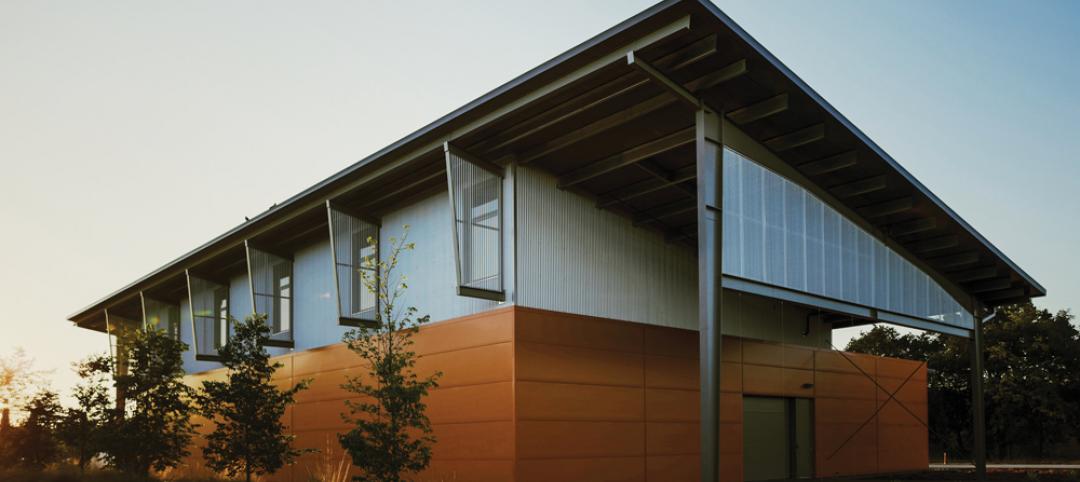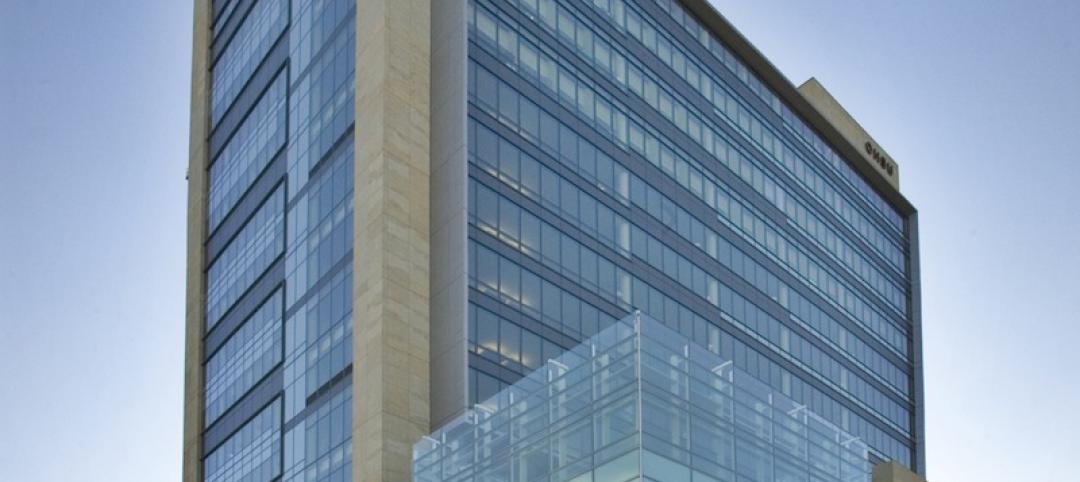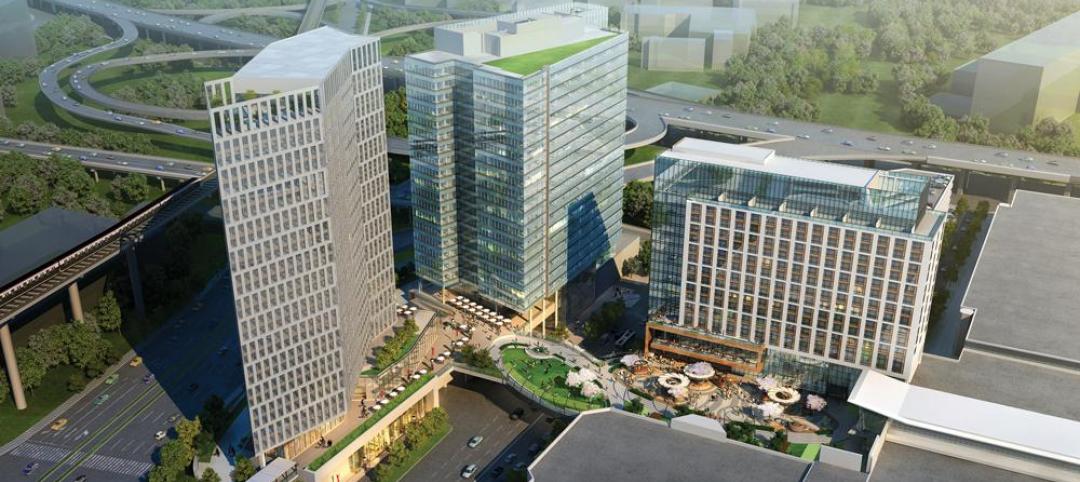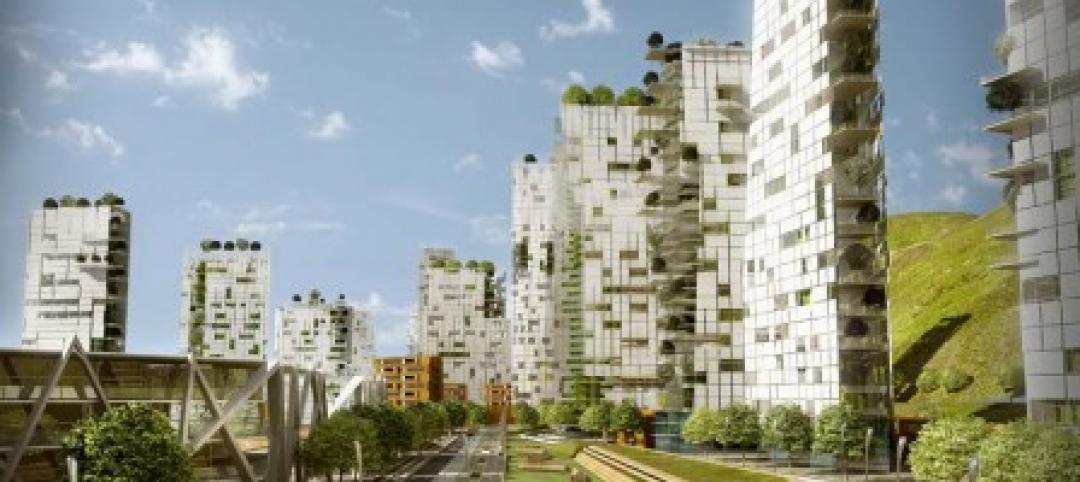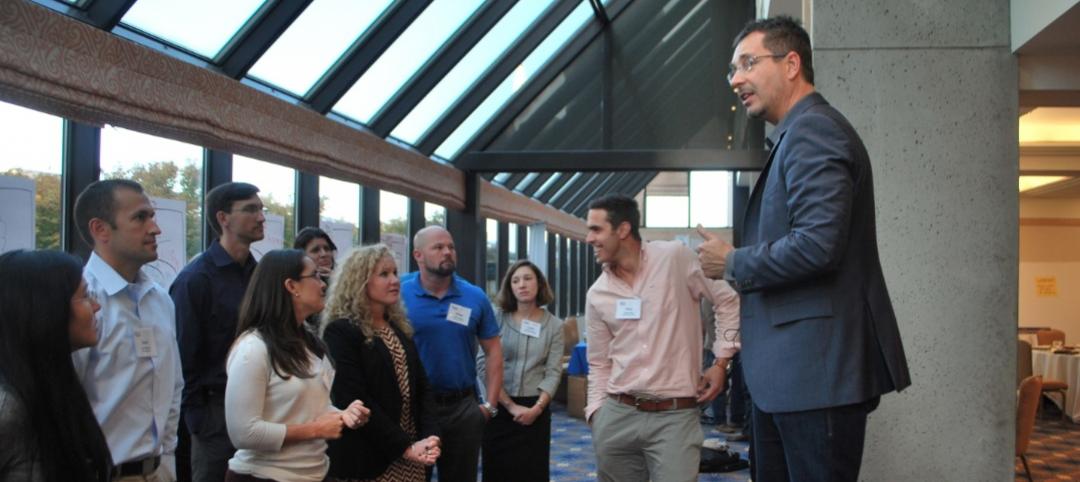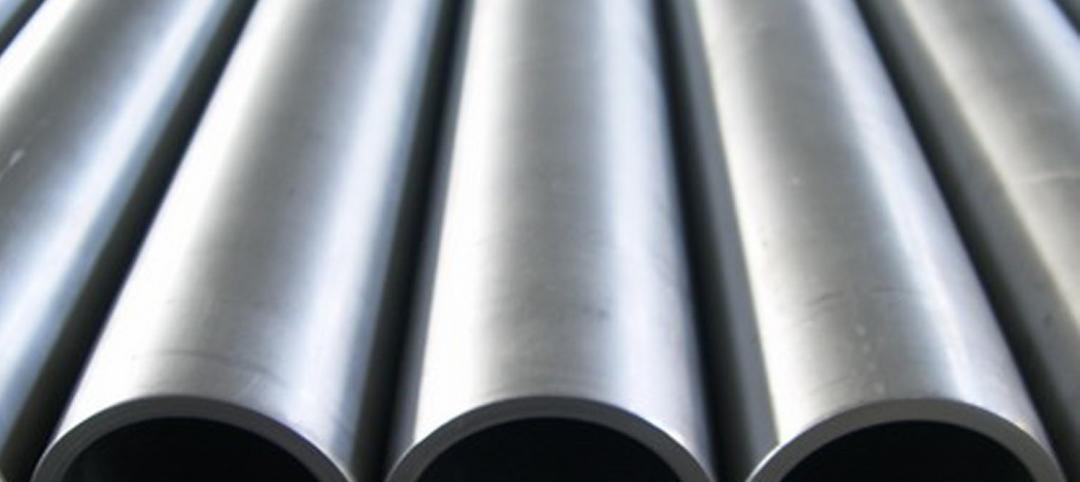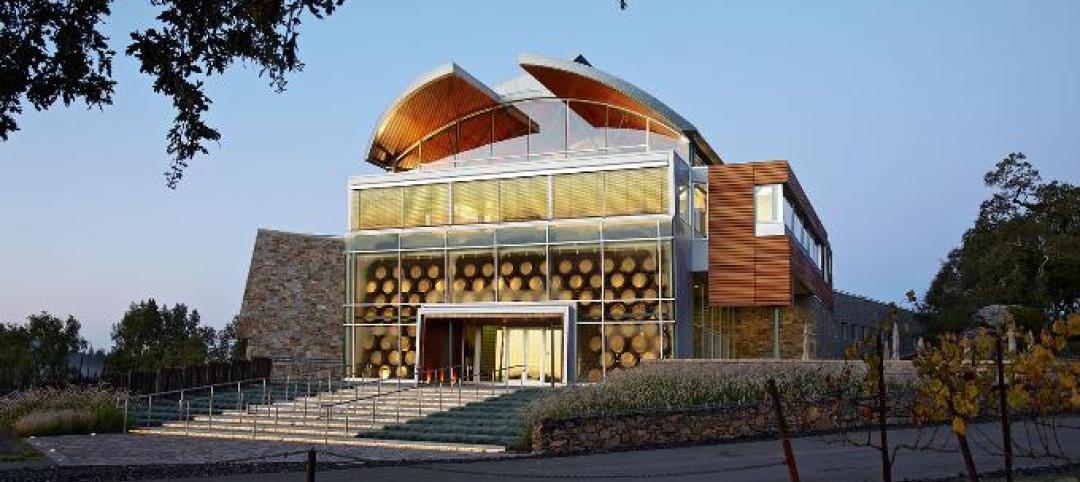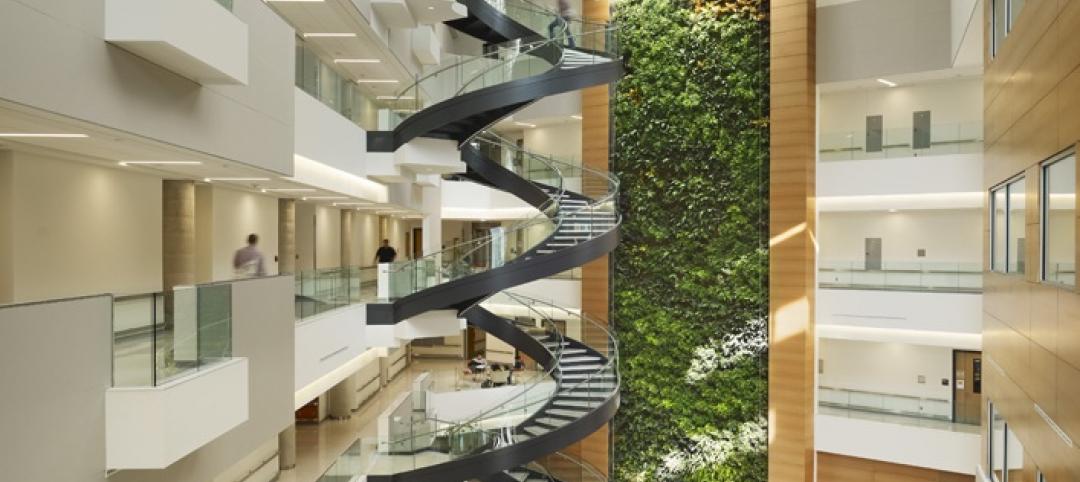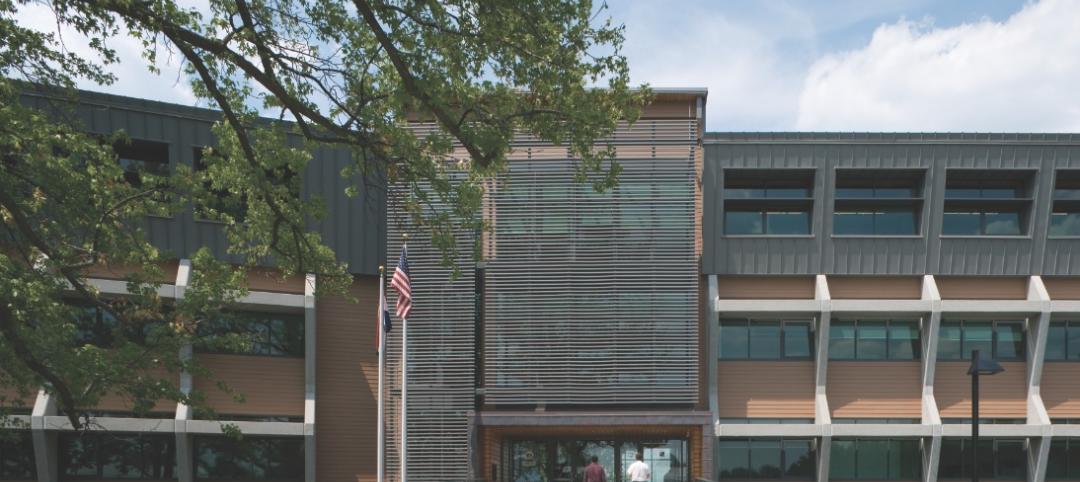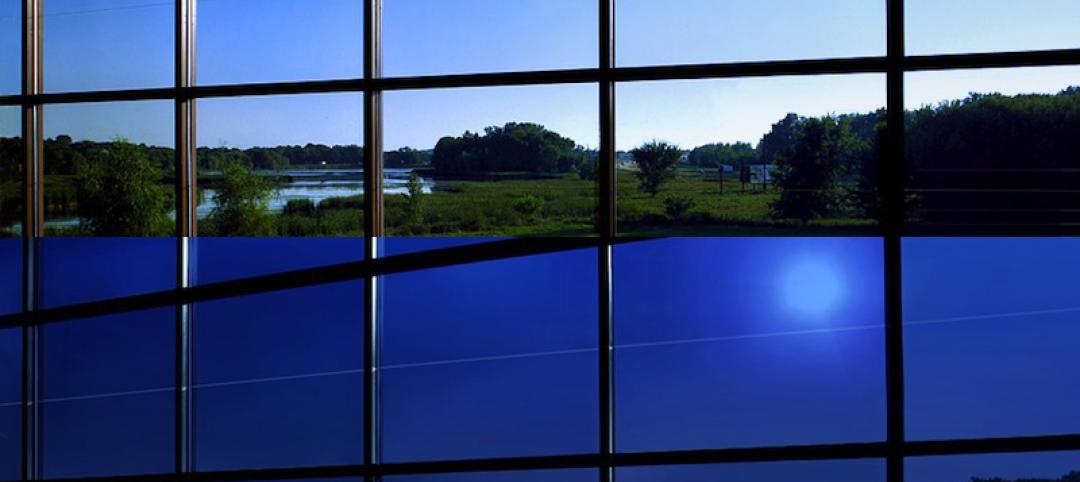ICL, a global specialty minerals company with offices in Tel Aviv, Israel, and St. Louis, broke ground earlier this month on a $400 million battery materials manufacturing plant that, when it opens in 2025, will help meet demand from energy storage, electric vehicle, and clean-energy industries for products made in the U.S.
ICL’s investment in this plant was augmented by a $197 million grant from the U.S. Department of Energy, whose Secretary, Jennifer Granholm, was among the dignitaries attending the August 8 groundbreaking, who included Missouri Governor Mike Parson, and Jarod Boyd, Chief of Staff to St. Louis Mayor Tishaura Jones.
McCarthy Building Companies is the general contractor for the 140,000-sf facility, said to be the first commercial-scale plant of its kind in the U.S. Hargrove Engineers & Consultants is providing architecture, design and all engineering services outside of CE, which Castle is covering.
The facility is expected to produce 30,000 metric tons of lithium iron phosphate (LFP). (E Source, a research, consulting, and data sciences firm, projects global demand for iron phosphate-based cathode active materials to reach 3 million tons by 2031, with a market value of $40 billion.)
The plant will be situated on ICL’s existing Carondelet campus in St. Louis, and construction is expected to create between 800 and 900 union contractor jobs. ICL is also working with Aleees, a Taiwan-based LFP materials producer, to establish a localized, integrated, and sustainable LFP supply chain for U.S.-based customers.
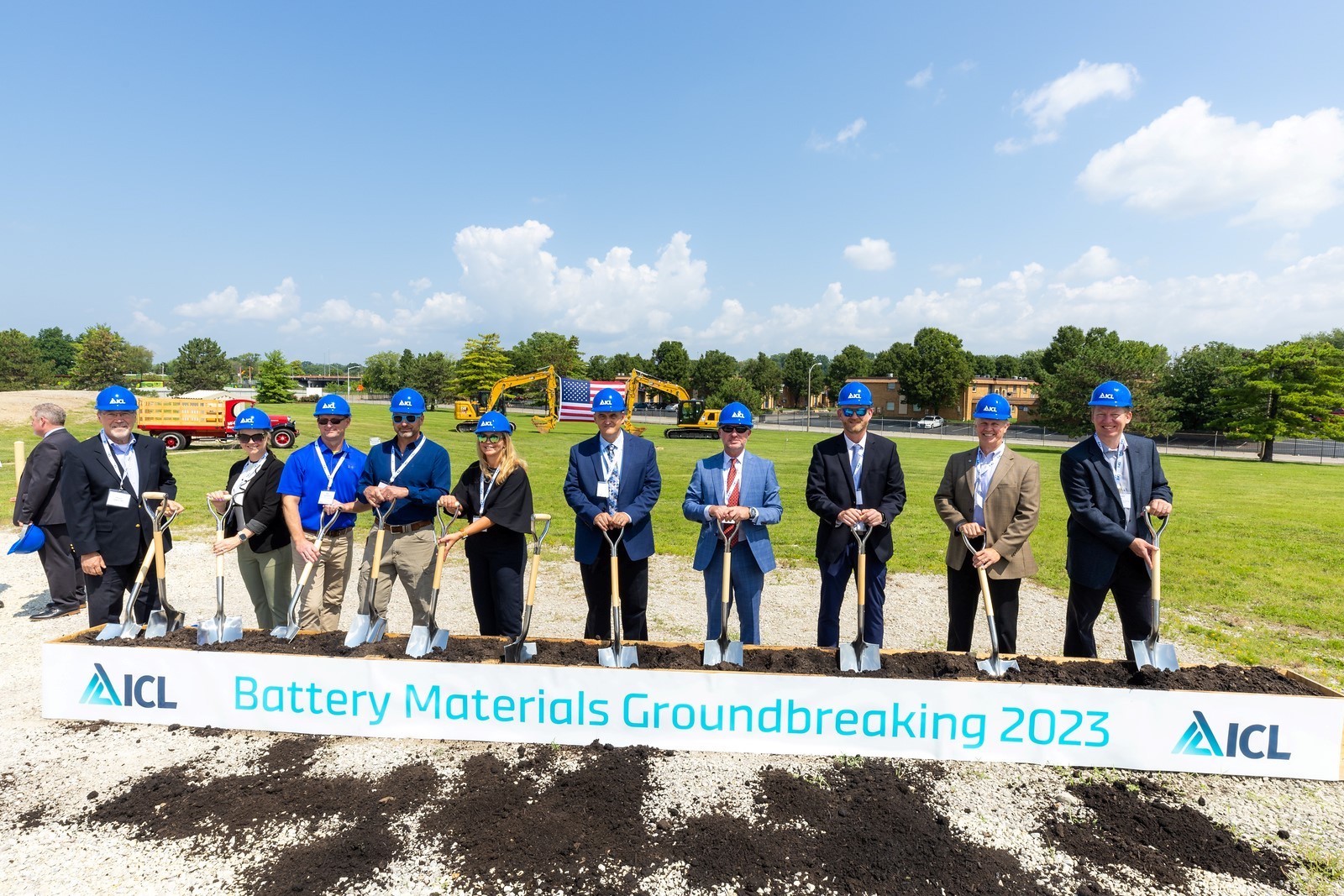
Larger-scale plants under construction
The electrification movement, spurred by passage of the Inflation Reduction Act, is emerging as a building boom. Other plants under construction include LG Energy Solutions’ $1.7 billion, 1-million-sf electric vehicle battery manufacturing facility in Holland, Mich., which should be completed by next April. LG Energy Solutions benefits from a $189 million incentives package from the Michigan Economic Development Corporation.
Last May, LG Energy Solutions and Hyundai Motor Group announced plans to build a $4.3 billion EV battery plant in Bryan County in Georgia that is expected to bring 3,000 new jobs by the end of 2025, when it will start producing 300,000 batteries per year. The plant will be near Hyundai’s Metaplant America factory, also under construction, that will produce Hyundai-, Genesis-, and Kia-branded electric vehicles.
BMW Group’s 1-million-sf, $700 million high-voltage battery assembly plant, in Woodruff, S.C., broke ground last June. The new plant, on 315 acres, will support BMW’s car factory in Spartanburg, S.C. It is designed to be solar-ready, and will use collected rainwater to reduce its water consumption. The Woodruff plant is part of BMW’s latest $1.7 billion investment in South Carolina, and its construction includes a technology building, a cafeteria, a fire department, and energy center.
The Woodruff plant will get its battery cells from Tennessee-based Envision AESC US, which is building a $810 million, 1.5-million-sf cell plant in Florence, S.C.
Last April, General Motors and South Korea-based Samsung SDI revealed plans to invest more than $3 billion in an EV battery cell plant in the U.S. The plant, to be located in Carlisle, Ind., is expected to begin operations in 2026 and create 1,700 jobs, according to both companies.
GM and LG recently completed a battery-cell plant near Warren, Ohio, and reportedly have battery cell plants in the works in Tennessee and Michigan.
Related Stories
| Nov 8, 2013
S+T buildings embrace 'no excuses' approach to green labs
Some science-design experts once believed high levels of sustainability would be possible only for low-intensity labs in temperate zones. But recent projects prove otherwise.
| Nov 6, 2013
Energy-efficiency measures paying off for commercial building owners, says BOMA study
The commercial real estate industry’s ongoing focus on energy efficiency has resulted in a downward trend in total operating expenses (3.9 percent drop, on average), according to BOMA's Experience Exchange Report.
| Oct 30, 2013
11 hot BIM/VDC topics for 2013
If you like to geek out on building information modeling and virtual design and construction, you should enjoy this overview of the top BIM/VDC topics.
| Oct 28, 2013
Urban growth doesn’t have to destroy nature—it can work with it
Our collective desire to live in cities has never been stronger. According to the World Health Organization, 60% of the world’s population will live in a city by 2030. As urban populations swell, what people demand from their cities is evolving.
| Oct 18, 2013
Meet the winners of BD+C's $5,000 Vision U40 Competition
Fifteen teams competed last week in the first annual Vision U40 Competition at BD+C's Under 40 Leadership Summit in San Francisco. Here are the five winning teams, including the $3,000 grand prize honorees.
| Oct 18, 2013
Researchers discover tension-fusing properties of metal
When a group of MIT researchers recently discovered that stress can cause metal alloy to fuse rather than break apart, they assumed it must be a mistake. It wasn't. The surprising finding could lead to self-healing materials that repair early damage before it has a chance to spread.
| Oct 7, 2013
10 award-winning metal building projects
The FDNY Fireboat Firehouse in New York and the Cirrus Logic Building in Austin, Texas, are among nine projects named winners of the 2013 Chairman’s Award by the Metal Construction Association for outstanding design and construction.
| Sep 24, 2013
8 grand green roofs (and walls)
A dramatic interior green wall at Drexel University and a massive, 4.4-acre vegetated roof at the Kauffman Performing Arts Center in Kansas City are among the projects honored in the 2013 Green Roof and Wall Awards of Excellence.
| Sep 19, 2013
What we can learn from the world’s greenest buildings
Renowned green building author, Jerry Yudelson, offers five valuable lessons for designers, contractors, and building owners, based on a study of 55 high-performance projects from around the world.
| Sep 19, 2013
6 emerging energy-management glazing technologies
Phase-change materials, electrochromic glass, and building-integrated PVs are among the breakthrough glazing technologies that are taking energy performance to a new level.


